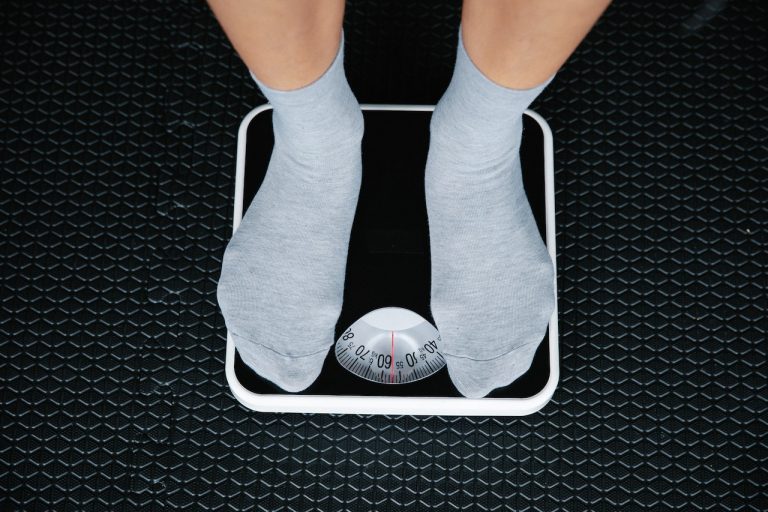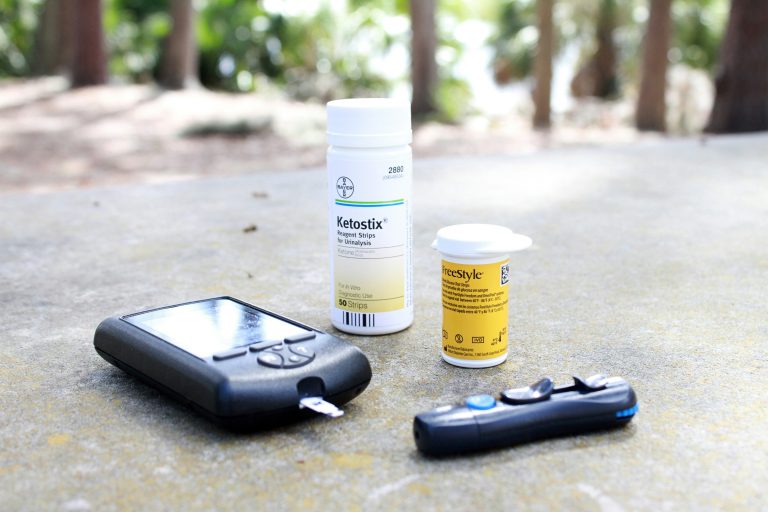Small Lifestyle Changes That Can Protect Your Health in Big Ways
This post contains affiliate links. Click here to read my affiliate policy.
Last Updated on May 15, 2025

We often assume improving health requires drastic changes, but is that true? Big health trends dominate headlines, but are they sustainable? Small daily decisions can be more effective than huge lifestyle shifts.
Simple, manageable habits can protect your body in the long run. How can we begin making these changes without becoming overwhelmed? Our physical health, nutrition, and mental practices are all vital to our well-being.
Is it possible to enhance our health with minor changes to our routine? We frequently overlook the impact of simple, daily habits. This article will highlight simple yet effective adjustments that can lead to lasting improvements.
Swapping Ingredients That Stress the System
Many health issues begin with what we put on our plates. Simple ingredient swaps reduce inflammation and ease the digestive system’s daily workload. Choose avocado or olive oil instead of heavily processed seed oils.
Similarly, Healthline notes that when sugar cravings strike, many people instinctively reach for chocolate or other high-calorie treats. Instead, choosing naturally sweet fruits like mangoes or grapes can satisfy cravings and support health.
Fruits provide fiber and plant compounds linked to reduced risks of diabetes, heart disease, and even some cancers. For a more filling snack, try adding fruit to Greek yogurt.
Switching to sprouted bread improves digestion without completely removing carbs from meals. Limit overly processed sauces that hide unhealthy fats and extra sugar. Read labels and avoid ingredients you don’t recognize or cannot pronounce easily.
Use spices like turmeric and cinnamon, which offer anti-inflammatory benefits without added calories. Cooking more meals at home puts you in control of the ingredients. These mindful swaps protect your body and gradually help build stronger internal balance.
What’s a good swap to reduce sugar crashes?
Switch refined carbs and snacks for protein-rich options like hummus or hard-boiled eggs. Protein helps stabilize blood sugar and reduces post-meal fatigue or irritability. Balanced energy allows you to stay alert and productive longer without reaching for more sugar.
Finding Movement That Feels Right for You
Not everyone needs intense workouts to stay healthy and feel energized daily. Light movement can support joints and still improve circulation and emotional health. A brisk walk around your neighborhood provides benefits without overwhelming your schedule.
Medical News Today states that brisk walking is typically defined as moving at a speed of up to 4.5 mph. For the best results, aim for at least 30 minutes of brisk walking each day. This pace helps elevate your heart rate while staying within a safe range. Daily brisk walks can support cardiovascular health and improve overall physical stamina.
Try yoga, stretching, or low-impact pilates to promote flexibility and reduce stress. Dancing at home is a fun way to stay active with joy. Movement becomes sustainable when it doesn’t feel like punishment or obligation.
Focus on activities that energize you without leading to physical burnout. Staying consistent matters more than reaching a certain number of burned calories. Health thrives when movement is consistent, comfortable, and naturally built into your day.
How does movement support better digestion?
Light activity after meals, like a short walk, can support digestion and reduce bloating. Movement helps your digestive system stay active, promoting smoother food movement through the gut. This can ease constipation, reduce discomfort, and support overall digestive health with minimal effort.
Paying Attention to Unusual Symptoms After Treatments
Your body’s signals are often quiet at first. But when something isn’t sitting right, especially after a new medical procedure, medication, or implanted device, it tends to speak louder over time.
Sometimes it starts with fatigue, unusual cramping, or a sense that something just feels different. When we’re busy, it’s easy to dismiss those clues. But checking in with yourself regularly is one of the most underrated forms of preventive care.
This kind of awareness is especially helpful for people using long-term devices. Take intrauterine devices (IUDs), for instance.
According to TorHoerman Law, many people choose non-hormonal options like Paragard. These options are popular for their convenience and effectiveness. However, some have experienced serious side effects. These include device breakage, internal injuries, and organ perforation during removal.
Repeated cases of severe internal injuries have led to legal action against the device manufacturer. Paragard lawsuit settlement amounts vary, depending on the severity of the injuries involved.
While there’s no need to panic, staying aware of your body can help you identify issues early and regain control.
Should I get a second opinion on symptoms?
If your concerns are dismissed or symptoms continue, getting a second opinion can offer new insights. Another provider might suggest different tests or identify issues the first missed. Unexplained or worsening symptoms deserve thorough attention, and your health is worth that extra step.
The Compound Power of Micro Habits
Start your morning off with a few easy habits that promote long-term wellness:
- Hydrate by drinking water before your coffee to kickstart your metabolism.
- Spend a few minutes outside in the sunlight to help balance your sleep-wake rhythm.
- Do a short morning stretch to loosen muscles and maintain daily joint flexibility.
As per Harvard Health, stretching helps muscles stay flexible, which supports healthy joint movement and reduces injury risk. Not stretching regularly can cause muscles to become stiff, reducing flexibility over time.
When muscles lack flexibility, they’re more prone to injury during exercise or everyday tasks. Incorporating stretching into your routine helps prevent muscle strain, joint discomfort, and long-term mobility problems.
Writing a gratitude note at night calms the nervous system before sleep. Linking habits to existing routines increases the likelihood of making them stick. Choose habits that require little effort but still feel satisfying to complete daily.
These micro habits often expand naturally into more intentional, larger wellness routines. Committing to small changes helps your brain build reliable, positive reinforcement patterns.
What’s a good micro habit for emotional balance?
Taking just two minutes to focus on deep breathing can instantly calm your nervous system. This simple practice helps reduce anxiety, especially during stressful situations. Regular emotional check-ins prevent overload and improve mental clarity over time.
Protecting Your Peace With Boundaries
Emotional health plays a critical role in maintaining physical well-being daily. Stress weakens your immune system and affects nearly every bodily function quietly. Setting boundaries helps protect your energy and prevents chronic mental fatigue buildup.
Limit screen time at night to improve sleep and reduce overstimulation risks.
NIH mentions that multiple studies confirm that screen time before bed often leads to poor sleep in teens. Researchers found consistent links between bedtime device use and disrupted sleep patterns across adolescent age groups. Prioritizing healthy sleep habits can support mental clarity, focus, and emotional well-being in teens.
Choose social commitments that uplift rather than drain your emotional resources completely. Healthy boundaries allow space for rest and recovery when life becomes overwhelming.
Saying no protects your mental bandwidth and your ability to focus clearly. Clear boundaries encourage people to respect your time, needs, and personal space.
What’s a healthy way to express boundaries?
Use clear, respectful language like “I can’t commit to that right now” or “I need space.” Consistency matters more than tone, and repetition reinforces your message over time. Strong communication shows self-respect and teaches others how to treat you.
Small, consistent changes in daily life can have a huge impact on long-term health. Instead of drastic overhauls, small adjustments often lead to better results. Mindful ingredient swaps and enjoyable movement can improve your well-being without making you feel overwhelmed.
Listening to your body and prioritizing self-care daily enhances both your physical and emotional strength. Developing small, beneficial habits gradually leads to significant improvements. Establishing clear boundaries is crucial for protecting your mental peace and ensuring your overall health remains balanced.






